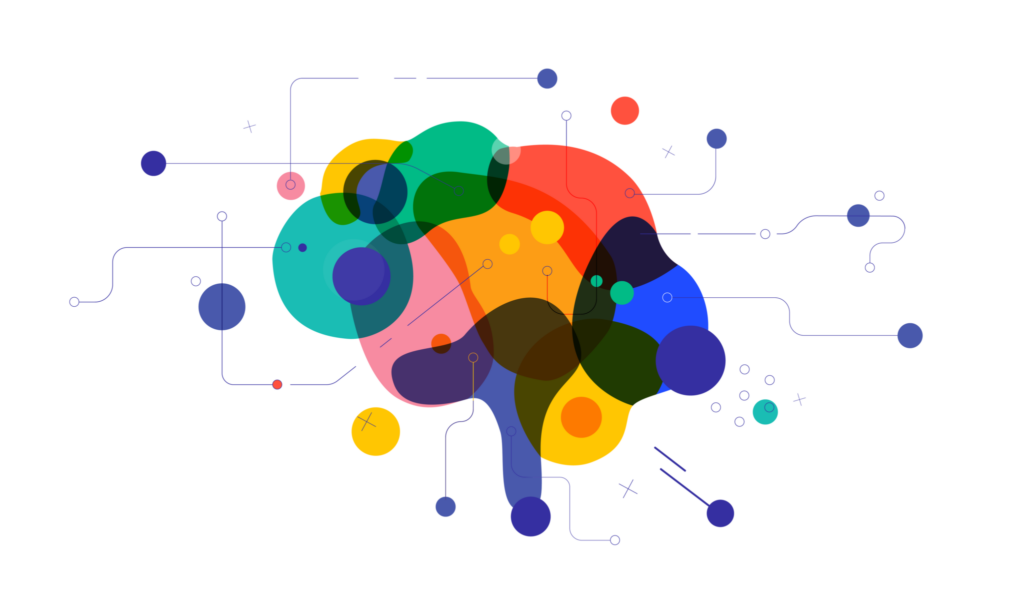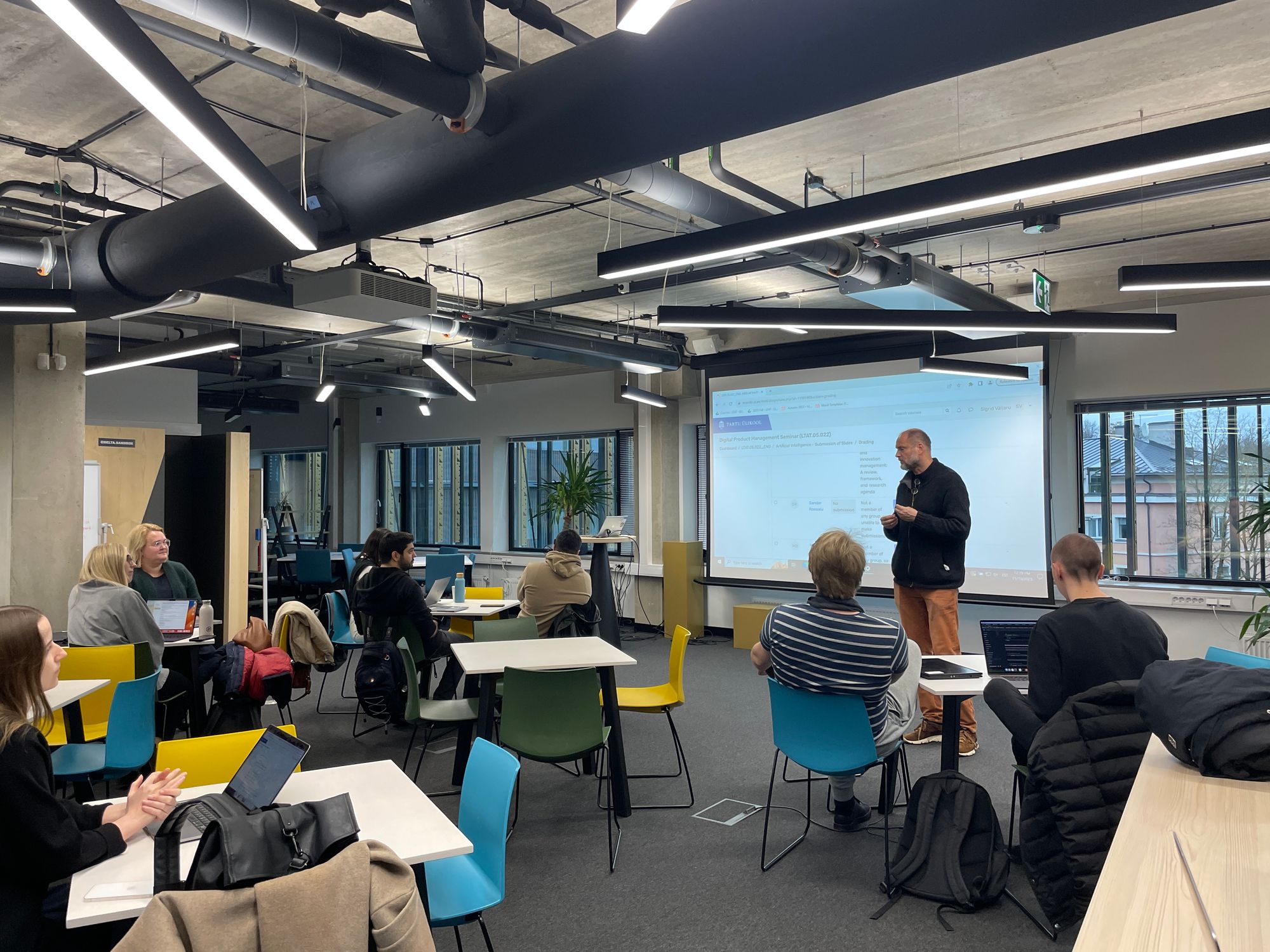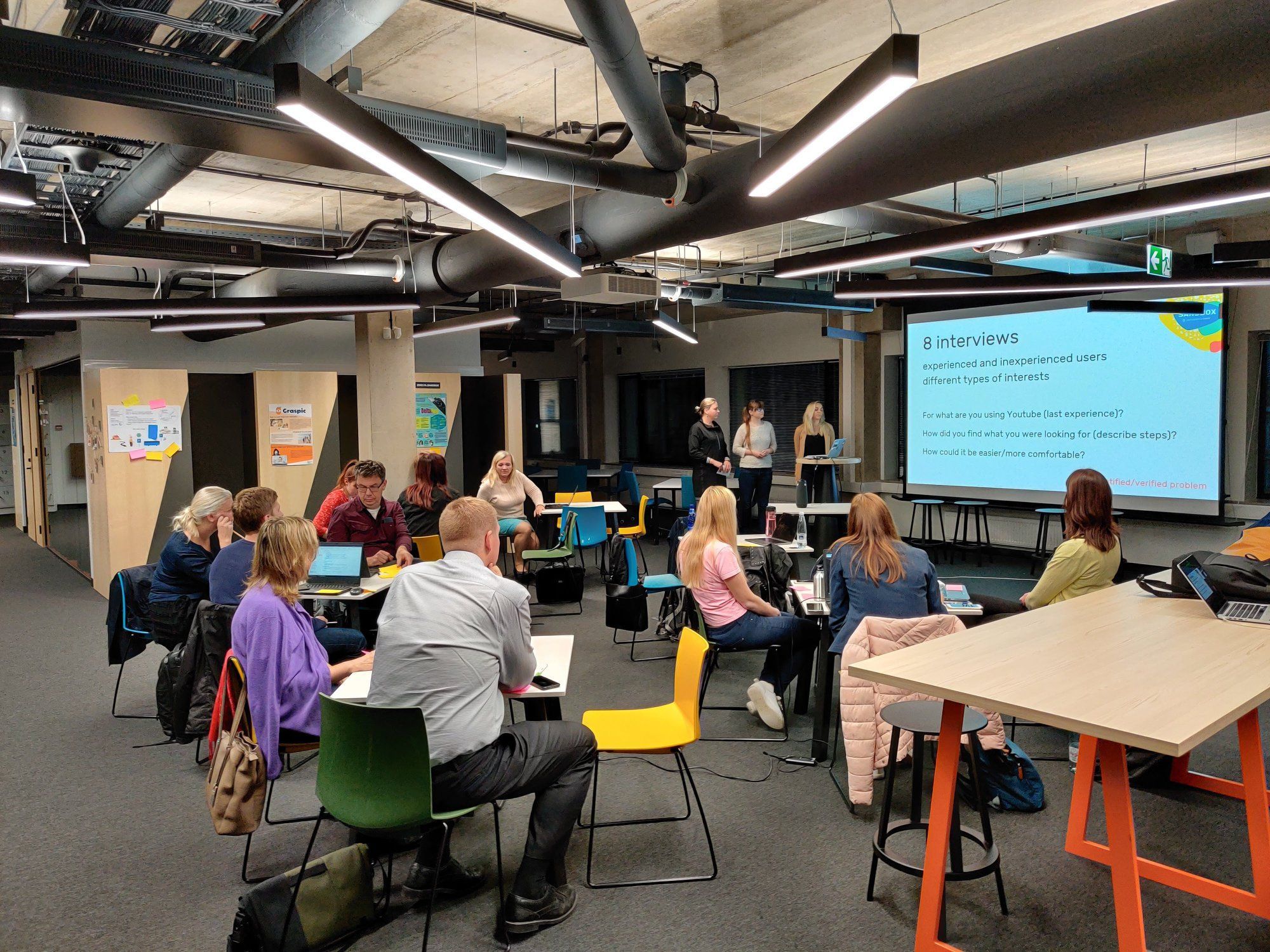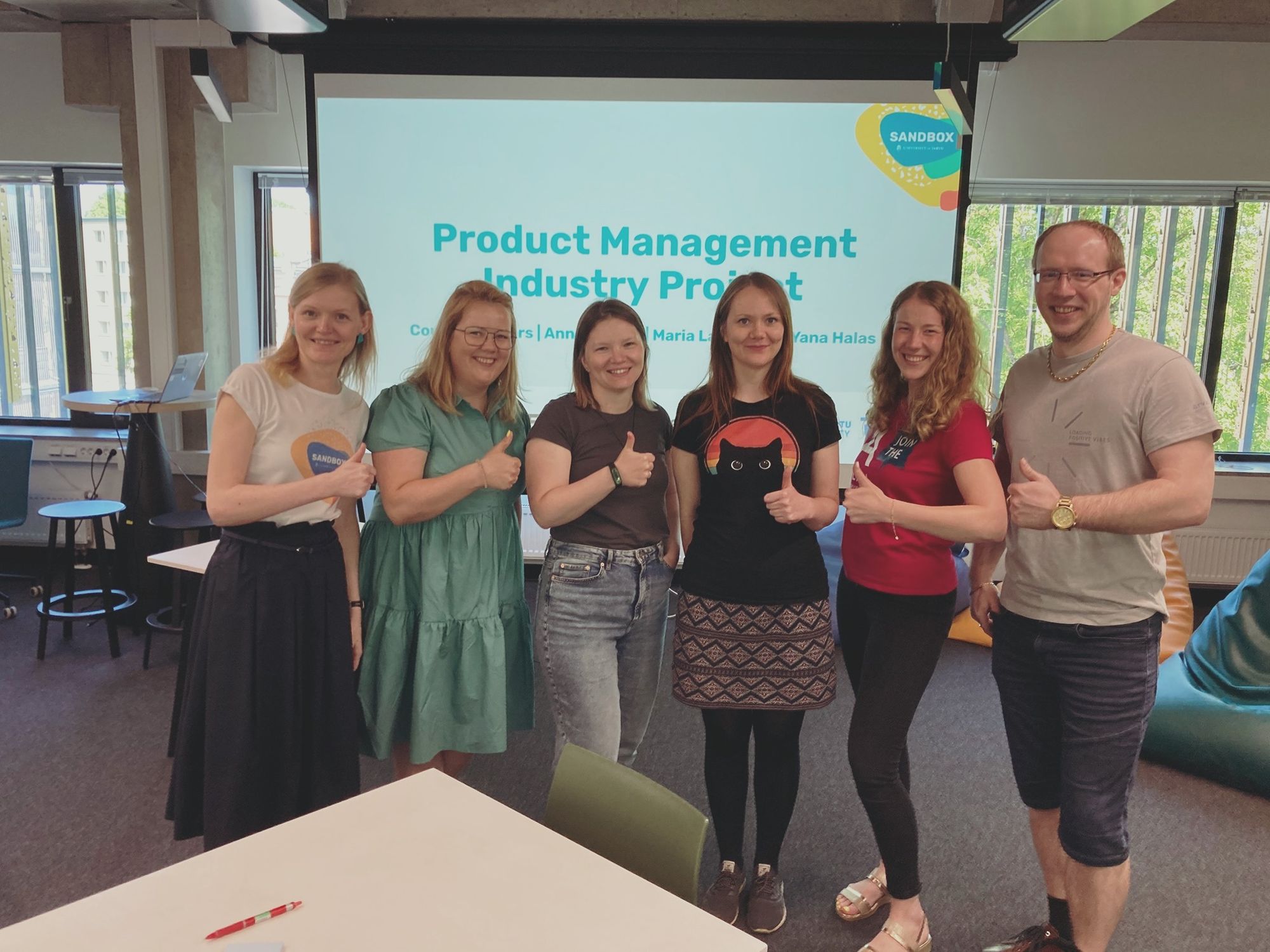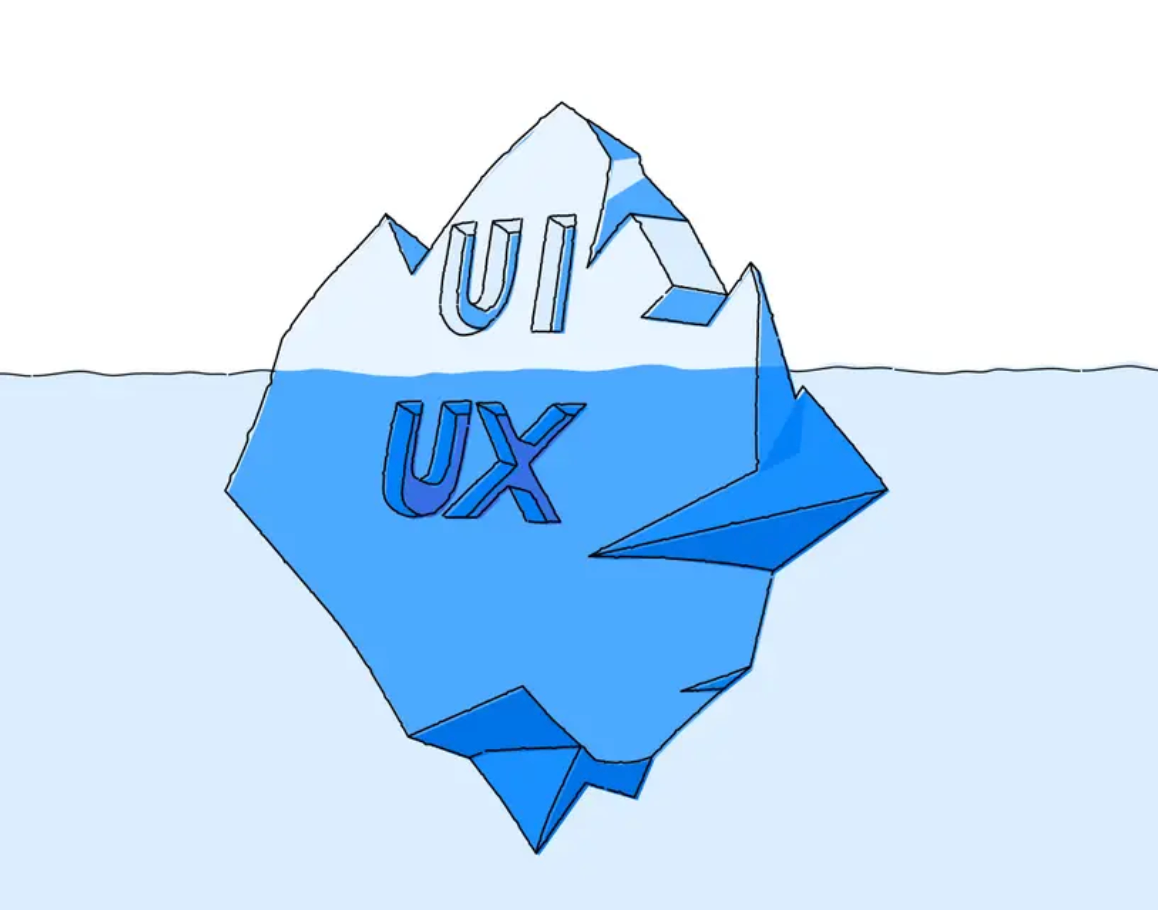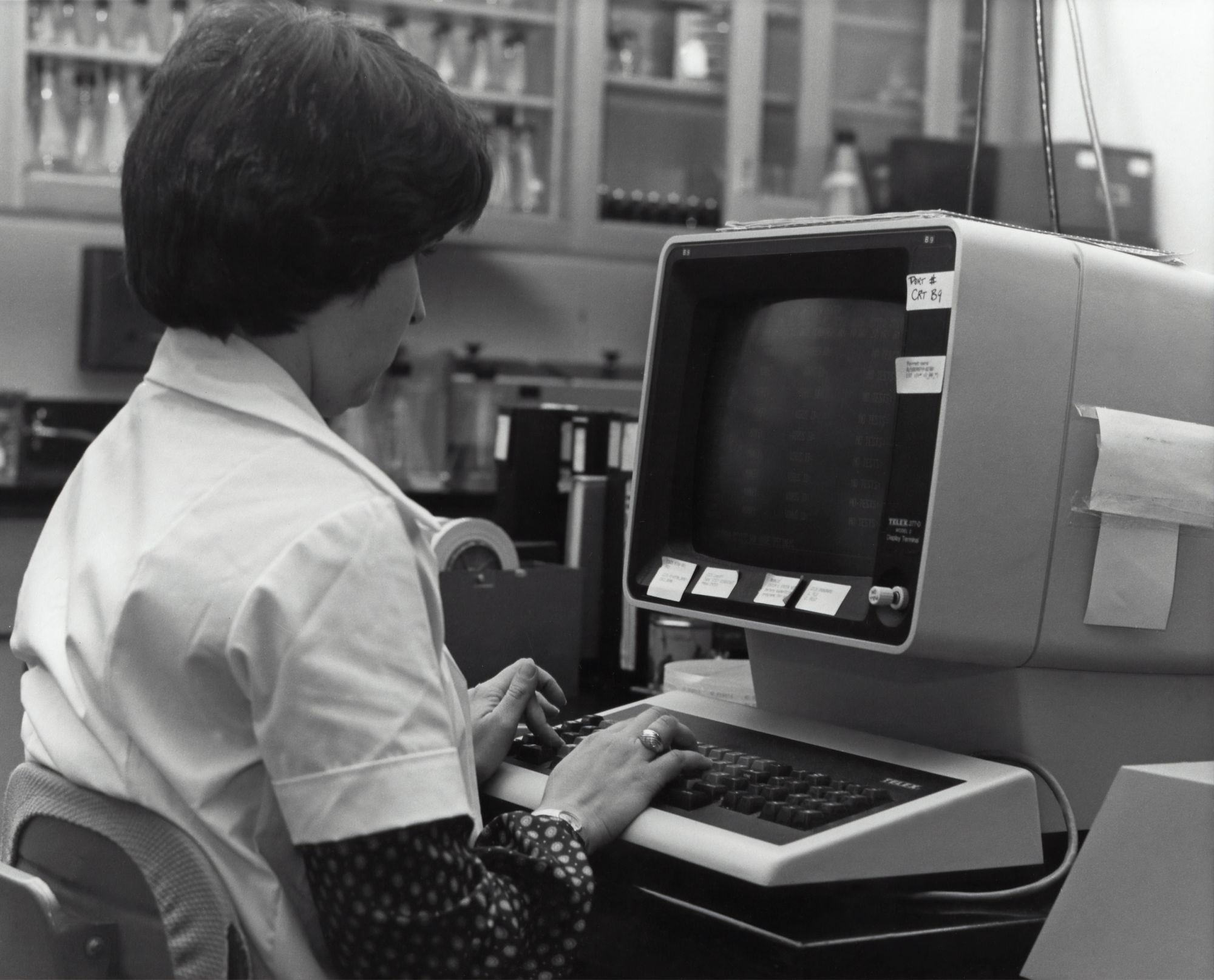
Course code: LTAT.05.030
Amount of credits: 1 ECTS (Autumn) + 2 ECTS (Spring)
Schedule: Autumn and Spring semester
See in ÕIS
The objective of the course is to support students participating in the Sandbox Programme and provide the necessary abilities for them to complete it. A student that has taken the course has: developed their understanding and gained practical skills in topics such as self-management and -analysis, time management and focusing, creativity, coping with stress. The seminars take place during two semesters. The topics covered in the seminars and the corresponding homework have been planned in a way that
